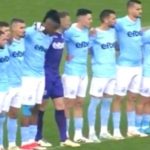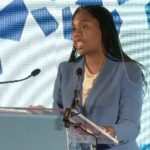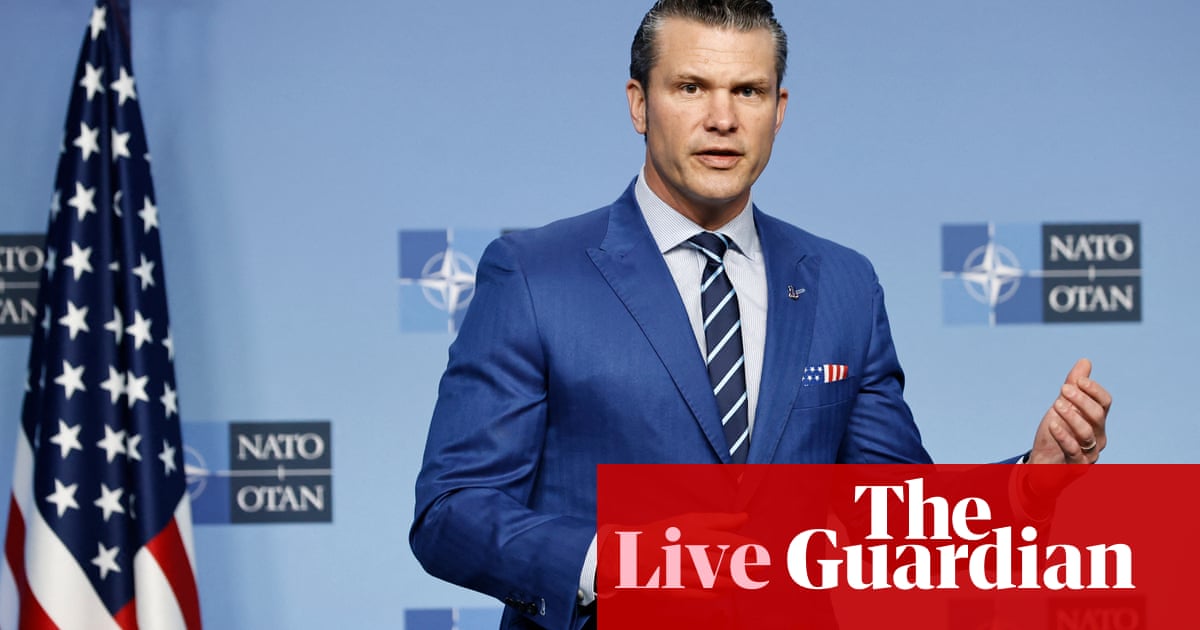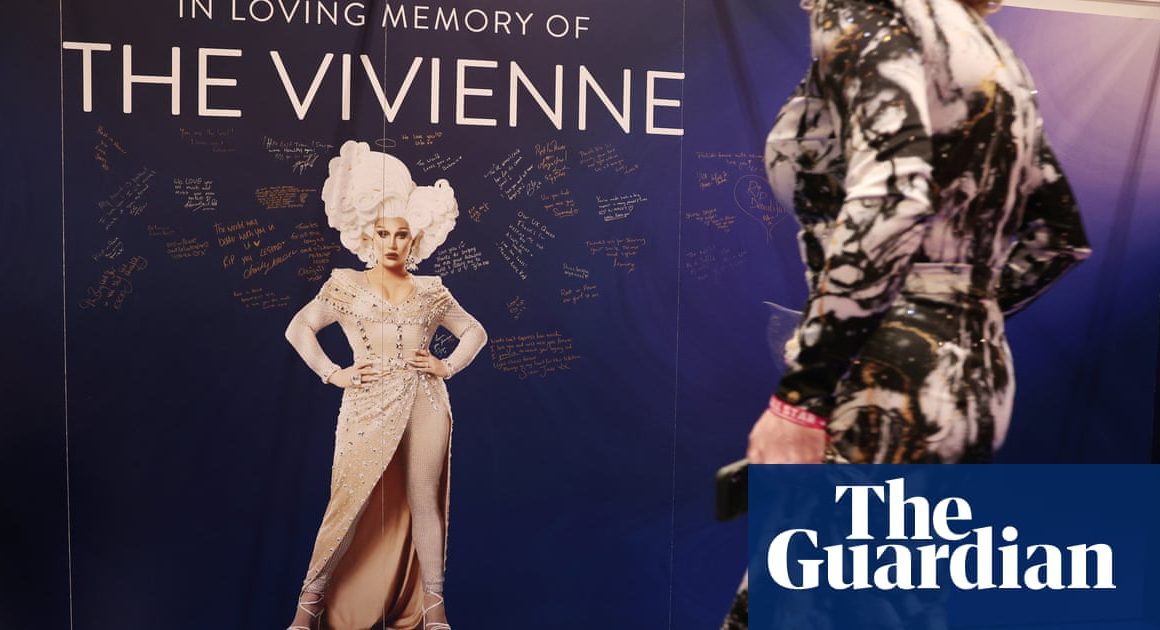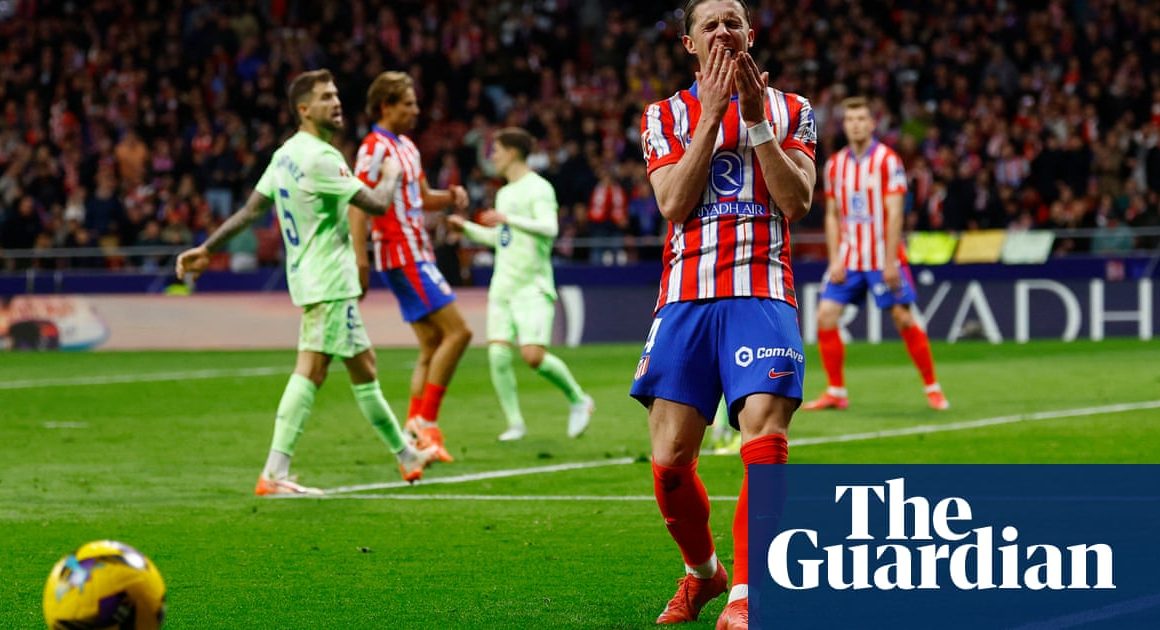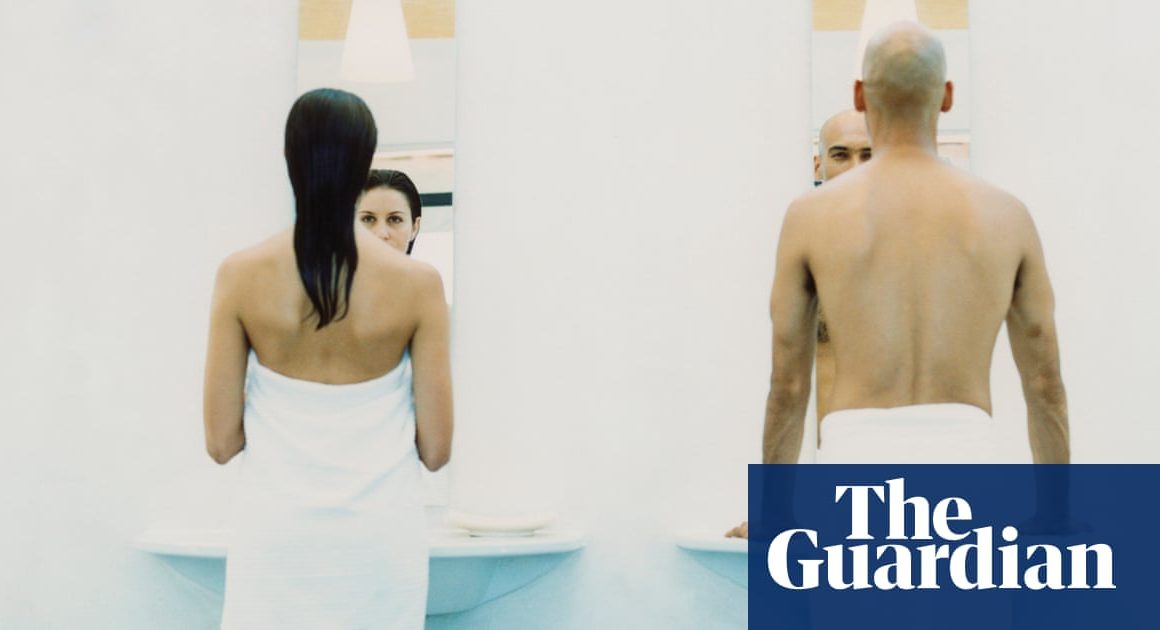Peace push ‘not a betrayal’ of Ukraine, US defence secretary Hegseth insists, saying Russian aggression was a ‘factory reset’ for Nato
US defence secretary Pete Hegseth has just been speaking to reporters before today’s Nato defence ministers meeting in Brussels.
He said that the Russian aggression on Ukraine was “a factory reset for Nato,” and a moment of “realisation that this alliance needs to be robust, strong, and real.”
“That is why president Trump has called for increased defence spending across the board for Nato, for European countries to recognise this is an urgent, real threat to the continent and this aggression needs to be a wake up call,” he said.
He says that standing up to Russian aggression is “an important European responsibility.”
He praises Trump as “the best negotiator on the planet” for bringing both sides to the table in pursuit of peace.
But he gets confronted by reporters with suggestions that the rapid push to peace and talks with Putin could be seen as amounting to a betrayal of Ukraine.
“That is your language, not mine. Certainly not a betrayal,” he insists.
“There is no betrayal; there is a recognition that the whole world and the US is invested in peace, in a negotiated peace,” he says.
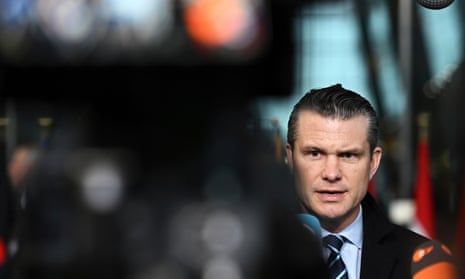
Key events
12 injured after grenade was thrown into bar in France
Twelve people were wounded when a grenade was thrown into a bar in the city of Grenoble in south-eastern France, officials said on Wednesday.
The attacker entered the bar, which was packed with customers, and threw a grenade before fleeing without saying a word, said prosecutor François Touret-de-Courcy. Investigators had not yet identified a motive but did not believe it was a terrorist attack.
Magistrate Christophe Barret said the attacker appeared to be carrying a Kalashnikov-type assault rifle but did not use it.
“I condemn in the strongest possible terms this criminal act of extraordinary violence,” Grenoble mayor Eric Piolle wrote on X.
Trump’s talks with Putin like ’19th-century concert of powers,’ Polish Europe minister says
Poland’s Europe minister Adam Szłapka told Polish broadcaster TVN24 this morning that he was “concerned” by the message on peace talks sent by Trump, as it followed the logic of “a 19th-century concert of powers: we’ll have a chat and come up with something.”
“The statement we got from president Trump that they spoke not only about the war, but also other things… it is somewhat strange. [The idea of them] talking about artificial intelligence and so on, while [we are] thinking about the images of the Bucha massacre is somewhat hair-raising.”
Szłapka insisted, however, that these comments from Washington should “motivate” Europe to push and do more, starting from securing a seat at the table for the peace talks.

Jakub Krupa
The meeting is now behind the closed doors (oh to be a fly on the wall!).
The next time we will hear from them will be around 12:25 CET (11:25 GMT), when Nato’s secretary general Rutte and Ukraine’s defence minister Umerov are expected to make some remarks together.
In the meantime, let’s take a look at other events in Europe.
Opening the meeting, Nato secretary general Mark Rutte says that increasing defence spending “will be priority number one,” as “we need to spend a lot more, especially in Europe and Canada.”
He acknowledges that members increased their spending in the last few years, but “still, it is far from enough – we need to do much, much more.”
He also talked about the need to increase defence production and a united response to “Russian destabilisation campaigns against our countries.”
Ukraine will be discussed at lunch, when Nato ministers will be joined by Ukrainian defence minister Rustem Umerov and EU diplomacy chief Kaja Kallas.
No ‘peace through weakness,’ French minister warns
French defence minister Sébastien Lecornu strikes a similar tone, cautioning against “peace through weakness,” which he warns could have dramatic consequences, opposite to the aim of bringing peace to Europe.
He says that while it’s “historically true” that Nato has been the most important military alliance, the real question is whether it will still be in 10-15 years, given how the world is changing with new threats emerging and making sure it will should be the focus of discussions.
He stresses the need to increase defence spending, saying its a debate with foregone conclusion – just needs to be done now.
“This is a great moment of truth” for Nato, he says.
Would have been better if US had not given concessions before talks started, German defence minister says
German defence minister Boris Pistorius has been speaking to the media, too.
He says that if Putin is serious about peace talks – and he says there are doubts about it – he should show it by pausing attacks on Ukraine.
He also says that Europe must be involved in any negotiations, particularly if Trump expects European allies to play a peacekeeping role in any future arrangement, as suggested by defence secretary Hegseth.
Speaking frankly, he then adds it would have been better if the US had not given concessions to Russia before the negotiations even started, pointing to the question of Ukrainian membership of Nato or any territorial losses.
He says that a quick peace deal would not necessarily resolve all worries about Russia’s increasingly assertive policy in the region, as he warns that Europeans would not be just able to “sit back and relax.”
He cautions against overly celebratory response to the peace talks announcement as he says that Putin keeps provoking Europe and remains a threat.
He says that while accepting stark geopolitical realities Hegseth spoke about, he specifically warned him against withdrawing US involvement from Europe.
Pistorius is also asked about who should represent Europe in any talks, and he floats the idea of Germany taking part, but says it is for others to decide – but insists that a European voice needs to be at the table.
We need ‘a just and durable peace,’ Canada’s defence minister says
… and here are early comments from Canadian defence minister Bill Blair:
We met as the Ukraine Defence Contact Group … we had a very important and frank discussion about our unity and support.
Canada is resolved that we will be there for Ukraine to ensure a just and a durable peace. …
I think…over the past almost three years the alliance has been remarkably strong and resolved to provide Ukraine with the tools they need to defend themselves against the illegal invasion that was perpetrated against that country. That resolve remains.
But we are also watching very carefully. We have got the ongoing discussions between the president and Mr Putin. It is essential from our perspective that Ukraine must be part of that negotiation and we are going to continue to support them to be in the strongest possible position.
Ukrainians are the frontline of freedom, UK defence minister says
UK defence secretary John Healey, who chaired yesterday’s Ukraine Defence Contact Group, also has been speaking to the media.
This is what he said:
They are the frontline of freedom, and our job is … to put Ukraine in the strongest possible position for any talk.
We will be continuing these discussions as Nato allies, and you will see new announcements of support for Ukraine through Nato.
We have seen the calls from president Trump overnight. We all want to see a durable peace and no return to conflict and aggression, and let’s not forget. Russia remains a threat well beyond Ukraine.
My message will be there can be no negotiation about Ukraine without Ukraine, and Ukraine’s voice must be at the heart of any talks.
‘Clear convergence’ on peace in Ukraine, Rutte says
Ever a diplomat, Nato secretary general Mark Rutte opted for an art of understatement saying “clearly a lot happened yesterday,” and admitting this “will be debated today and over the coming days and weeks.”
But he tried to look for positives, stressing that “there is also a clear convergence emerging that we all want peace in Ukraine, rather sooner than later.”
“We all want Ukraine to be in the best possible position when those talks start to make sure they can be concluded successfully,” he added.
“It is crucial that whatever comes out of these talks is durable and enduring. … We cannot have Putin again trying to capture a square mile of Ukraine in the future,” he said.
Peace push ‘not a betrayal’ of Ukraine, US defence secretary Hegseth insists, saying Russian aggression was a ‘factory reset’ for Nato
US defence secretary Pete Hegseth has just been speaking to reporters before today’s Nato defence ministers meeting in Brussels.
He said that the Russian aggression on Ukraine was “a factory reset for Nato,” and a moment of “realisation that this alliance needs to be robust, strong, and real.”
“That is why president Trump has called for increased defence spending across the board for Nato, for European countries to recognise this is an urgent, real threat to the continent and this aggression needs to be a wake up call,” he said.
He says that standing up to Russian aggression is “an important European responsibility.”
He praises Trump as “the best negotiator on the planet” for bringing both sides to the table in pursuit of peace.
But he gets confronted by reporters with suggestions that the rapid push to peace and talks with Putin could be seen as amounting to a betrayal of Ukraine.
“That is your language, not mine. Certainly not a betrayal,” he insists.
“There is no betrayal; there is a recognition that the whole world and the US is invested in peace, in a negotiated peace,” he says.
Morning opening: What’s next for Europe?

Jakub Krupa
US defence secretary Pete Hegseth is set to meet dozens of his counterparts at a Nato meeting in Brussels, a day after the US president, Donald Trump, said he had spoken to Russia’s Vladimir Putin about negotiating an end to the war.
Trump said he had spoken for more than an hour with Putin and that the two men expect to meet in person in Saudi Arabia soon. He said he later spoke to Volodymyr Zelenskyy and denied that he was “freezing out” the Ukrainian president.
Zelenskyy – at least in public – offered support for the talks, saying he and Trump had held a “meaningful” conversation by phone. “No one wants peace more than Ukraine,” he wrote.
But the development came just hours after Hegseth told an international meeting of Ukraine’s backers on Wednesday not only that Kyiv could not realistically hope to return to previous borders or join Nato – a sign of things to come from Trump later – but also that the US was no longer “primarily focused” on European security.
So the key question for Europe is: what next?
When asked if any European countries would be involved in peace talks, White House press secretary Karoline Leavitt said: “I don’t have any European nations who are involved currently to read out for you.”
This is exactly the nightmare scenario that Zelenskyy explicitly warned Europe against during his World Economic Forum speech last month.
“It is not clear whether Europe will even have a seat when the war against our country ends. … We are deeply grateful to Europe for all the support … but will president Trump listen to Europe, or will he negotiate with Russia, China, without Europe?,” he asked.
We heard a lot of statements from European countries overnight insisting that no decisions can be made without Ukraine, and that the priority should now be on putting Ukraine in the strongest possible position before these talks start.
But during this morning’s meeting in Nato, there will be lots of questions asked as to what else can be done among European partners – or if it is too late now.
It’s Thursday, 13 February 2025, and this is Europe live. It’s Jakub Krupa here.
Good morning.


